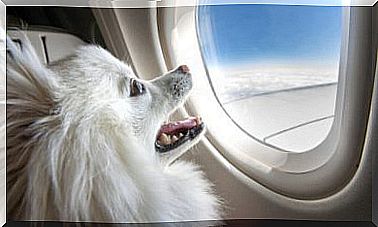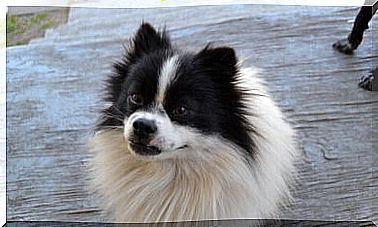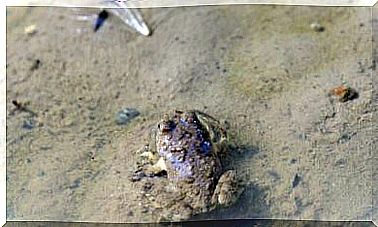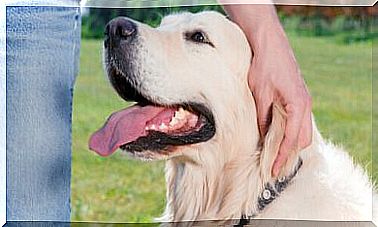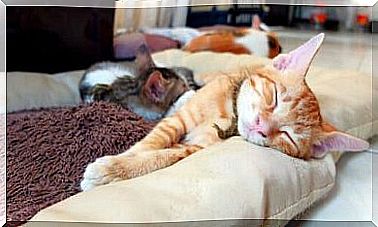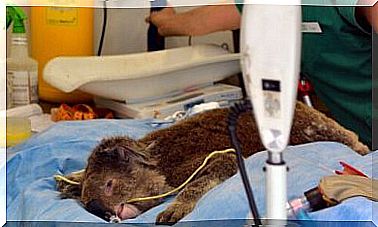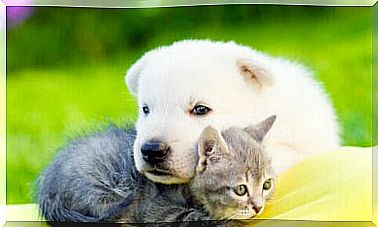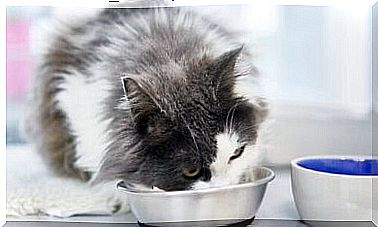Divorce: What Will My Pet’s Fate Be?
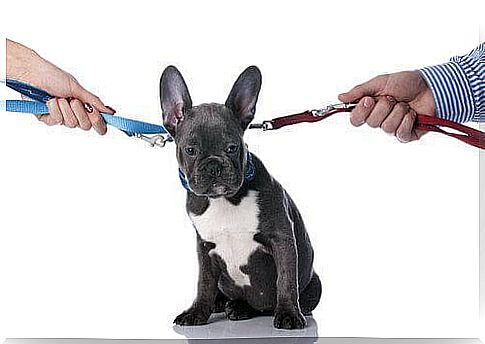
Is the pet added to the property division or is there an established visiting calendar? Who gets the animal in case of divorce or separation? In this article, let’s talk about it!
How a Pet Suffers from a Divorce
Without a doubt, animals can identify emotional problems, changes in the energy of the home… and act accordingly. Many pets whose owners are going through a separation feel sad, depressed and even change certain behaviors ; they may bark all day, bite what they find in their path, urinate on the couch or have destructive habits with themselves (tail biting is a very common case).
Dogs are the ones who suffer most when there is a divorce, because they are very social and familiar beings. They like the routine, the presence of all the ‘pack’ members and, above all, the tranquility on an emotional level.
In the case of cats, which are more territorial and ‘from the house’, as is popularly said, they can be affected by emotions and new spaces.
Who does the animal stay with after a divorce?
In addition to the reasons that led to the separation of a couple, it is very important that an agreement is reached regarding the common pet. It’s not the same thing as sharing the furniture equally or selling the car…
If it is not possible to do so ‘for good’, there is always the option of resorting to legal means. That is, a judge who basically determines who the animal will be with.
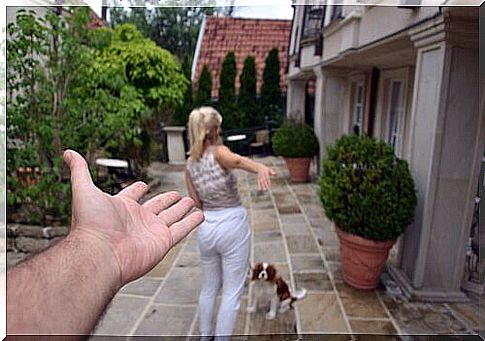
First of all, we must know how animals are considered in our country. Some civil codes indicate that animals are goods – such as furniture, like a bed or sofa – and others consider them to be living beings, often similar to the couple’s children.
In the first case, it can be claimed by either of the two members of the couple, but if the animal was already ‘owned’ by one of the parties, this will be the one who will have the right to keep it. The other cannot decide on the pet.
There are two types of pet custody, shared or single. Each of them will depend on the specific situation of the couple that is separating or getting divorced:
1. Shared custody
In case there is no “friendly” agreement between the parties, the judge may establish shared custody. It will determine which house the animal will live in and the visiting regime by the other ‘parent’.
The pet can be visited or taken to another house. It will all depend on the particular situation. Some even choose to take them on vacation or stay home with them on weekends.
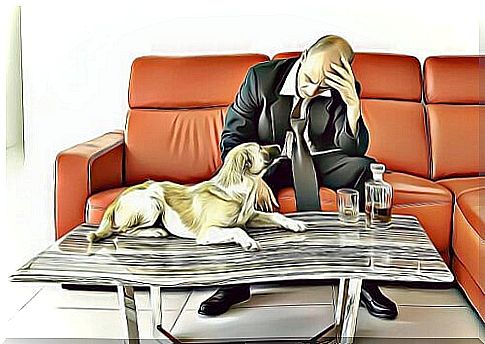
Keep in mind that these changes in housing, environment and routine can be very stressful for the pet. This is not advisable for cats sensitive to such modifications.
2. Single custody
It is not always achieved in a friendly way. Sometimes a judge will be responsible for determining who gets the dog or cat. What will it depend on? For example, who bought or adopted, who is primarily responsible for their care, who has more space at home or who spends more time at home.
Another important issue is that when children are involved, the animal is usually in the same house as the children. In most cases, it is the woman (mother) who “stays” with the animals so as not to disturb the children and reduce the trauma caused by separation. This can also be taken into account by the judge when deciding custody.
Of course, this does not mean that the other party cannot appeal the decision, or even demonstrate a case of abuse or neglect, where the custodian is not best suited to ensure the pet’s welfare. It is necessary to make a non-anonymous report in the corresponding body, have witnesses and proof of this.
During a divorce, there are many issues to be resolved. The pet can be one of the most complicated problems because it is a sensitive being, not an object. A good way to choose who the dog or cat should be with is to recognize who the real ‘owner’ is. That is, with whom he has more affinity in the couple.
